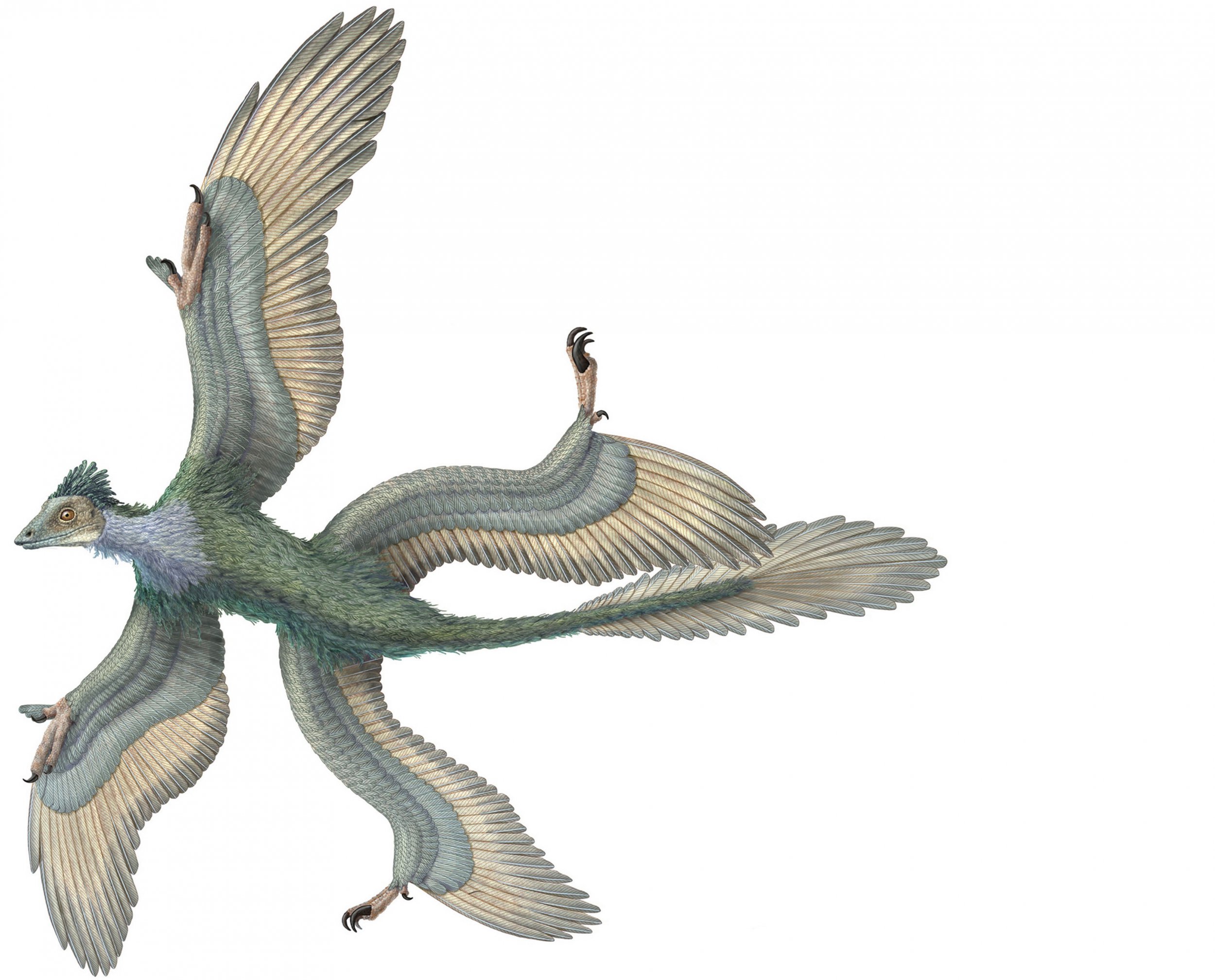
Researchers have discovered the oldest known case of dandruff—in feathered dinosaurs and early birds which lived around 125-million-years-ago, according to a new study published in the journal Nature Communications.
Paleontologists from University College Cork (UCC), in Ireland, say their findings are the first evidence for how dinosaurs shed their skin.
For the study, Maria McNamara, lead author from UCC, and her colleagues, studied dandruff from modern birds and mammals, as well as fossilized dandruff from three types of feathered dinosaurs—Microraptor, Beipiaosaurus and Sinornithosaurus—and an early type of bird known as Confuciusornis.
"The fossil cells are preserved with incredible detail," McNamara said in a statement. "What's remarkable is that the fossil dandruff is almost identical to that in modern birds."
The study suggests then that dandruff appeared for the first time sometime in the late Middle Jurassic period (174 to 163 million years ago), around the same time that several other skin features evolved.
"There was a burst of evolution of feathered dinosaurs and birds at this time, and it's exciting to see evidence that the skin of early birds and dinosaurs was evolving rapidly in response to bearing feathers," McNamara said.
The findings show that the early dinosaurs studied clearly shed their skin in flakes, much like modern birds and mammals, and not as a single piece or several large pieces like modern reptiles.
"It's unusual to be able to study the skin of a dinosaur, and the fact this is dandruff proves the dinosaur was not shedding its whole skin like a modern lizard or snake but losing skin fragments from between its feathers," Mike Benton, from the University of Bristol's School of Earth Sciences, said in the statement.
Uncommon Knowledge
Newsweek is committed to challenging conventional wisdom and finding connections in the search for common ground.
Newsweek is committed to challenging conventional wisdom and finding connections in the search for common ground.
About the writer
Aristos is a Newsweek science reporter with the London, U.K., bureau. He reports on science and health topics, including; animal, ... Read more
To read how Newsweek uses AI as a newsroom tool, Click here.








